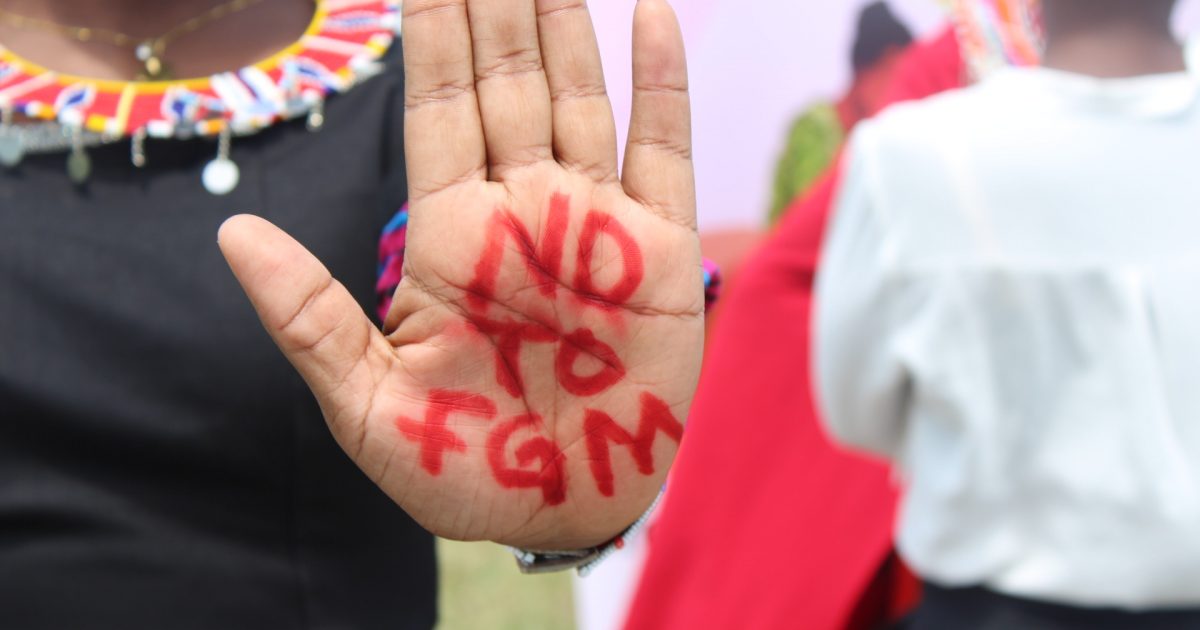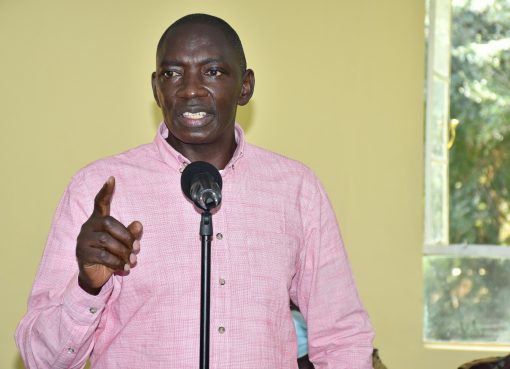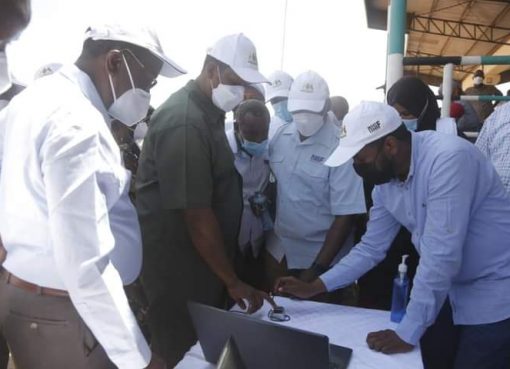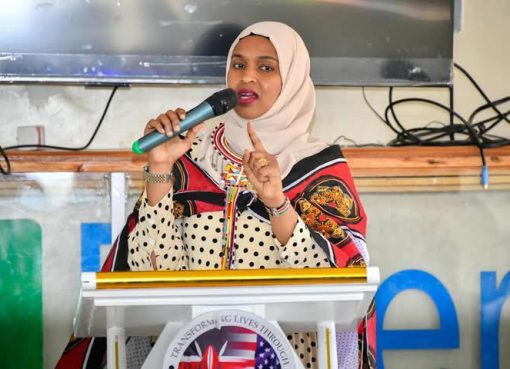The prevalence rate of FGM cases in Kajiado has decreased from 96% to 76%.
Girl child Network Executive Director, Mercy Musomi, attributes the decrease to constant sensitization of the community on the dangers of the vise,which has been ongoing by different stakeholders.
Speaking in Kajiado during the International Day of Zero Tolerance for Female Genital Mutilation (FGM) celebrations, Musomi said that they are undertaking more sensitization at the community grassroots by engaging community people and community facilitators.
“We are engaging Men and women who have decided FGM is not the thing they want to engage in and we are training them on facilitation skills and how to have a dialogue between the communities on how to end FGM”, said Musomi.
Musomi added that their approach dubbed ‘Community Conversation’ is used to sensitize the community to end FGM. The approach has been working in Kajiado as more girls are going to school, are performing well and transitioning to higher levels of education.
“One of the things we see happening is improved transition, improved retention and when girls are transiting and going to secondary school when they have not gone through the cut then we know the impact is there, great and felt’’, added Musomi.
Lamine Mamadou Sow, the Head of Education, UNESCO, East Africa Region revealed that UNESCO is working on a programme that promotes women’s health and well-being to ensure their rights are respected including the rights to education so that they can become very productive citizens within the communities.
“We have come here to celebrate with all the stakeholders involved in this very important battle because the phenomenon is very prevalent in Kajiado communities. We think that controlling the phenomenon and its effects will boost the success of girls attending, completing schools and then to get decent jobs and decent occupations to contribute positively to the community”, said Mamadou.
Cynthia Sintamei, FGM survivor said that she did a Bachelor’s Degree in Gender and Development studies to have a piece of knowledge on how to educate and champion anti-FGM in her community.
“I am happy that the theme is ‘Her voice, her future’ and as a survivor of FGM I can say that personal narratives are powerful tools that can be used to advocate for an end to FGM, I have tried and with the help of everyone here we can bring an end to FGM and I want to say never underestimate the little effort you can take to bring an end to FGM”, said Sintamei.
Every February 6, 17 countries in Africa and the Middle East join hands to celebrate the International Day of Zero Tolerance for Female Genital Mutilation (FGM) and have witnessed the reduction of FGM cases in the affected countries.
Kajiado County being among the FGM prevalent counties, marked the day themed “Her Voice, Her Future”
The County in partnership with Girl Child Network, Malkia Initiative, Il’laramatak, and United Nations Educational, Scientific and Cultural Organization (UNESCO) celebrated the event at Oloosuyian Primary School with a focus on ending FGM and sensitizing the community on the risks of mutilating the girls.
By Seline Nyangere and Sammy Rayiani





